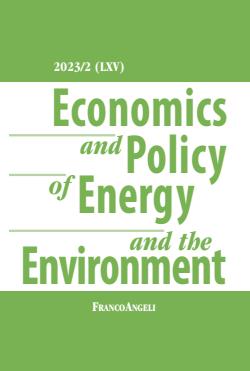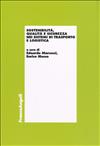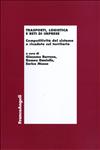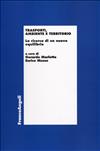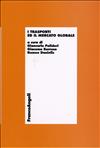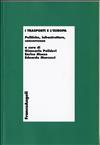
Le relazioni esposte alla XIII Riunione Scientifica della Società Italiana di Economia dei Trasporti e della Logistica, un’ampia gamma di visioni e approcci scientifici differenti: oltre agli aspetti economici connessi alle infrastrutture di trasporto, infatti, vengono affrontate anche tematiche di carattere tecnico-ingegneristico, giuridico e di pianificazione territoriale.
cod. 380.382
